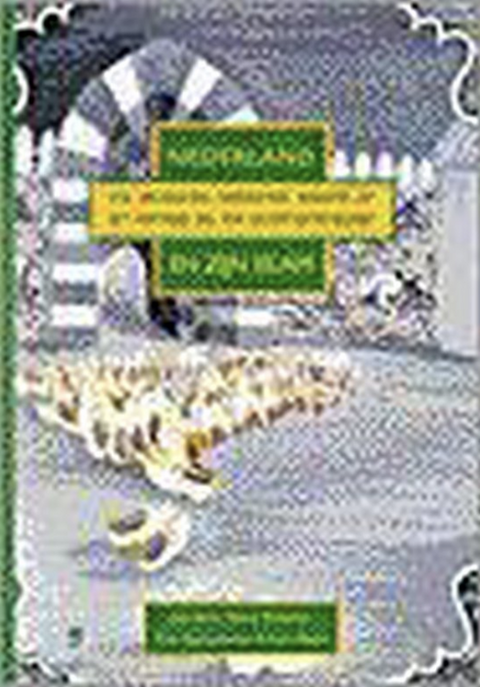
The Netherlands and its Islam: A depillarizing society responds to the emergence of a religious community
With the arrival of immigrants from Turkey, Morocco, Suriname, Indonesia and other countries, the number of Muslims in the Netherlands has also grown. They have now established numerous institutions based on Islamic principles: from prayer rooms to schools, from butchers to broadcasting organisations. Slowly but surely, the contours of an Islamic religious community are becoming visible. Some even go so far as to speak of an 'Islamic pillar'. In the public debate about these developments, almost the same themes keep recurring: the separation of church and state, the progressive depillarisation in the Netherlands, the constitutional freedom of religion and the principle of equality. But this debate is hampered by the fact that there is no systematic overview of the state of affairs available. This book fills that gap.
The Institute for Sociology of Law of the Catholic University of Nijmegen and the Institute for Migration and Ethnic Studies of the University of Amsterdam have inventoried which institutions have been established over the years, which (national and local) parties have been involved in them and which political and ideological positions they have taken. The results have been compared with the situation in Belgium and Great Britain. The Netherlands and its Islam thus provides an illuminating and sobering insight into the extent to which Dutch society offers (and has offered) space for Islam as a 'new' religious community.

Free and fast delivery

Same day shipping




